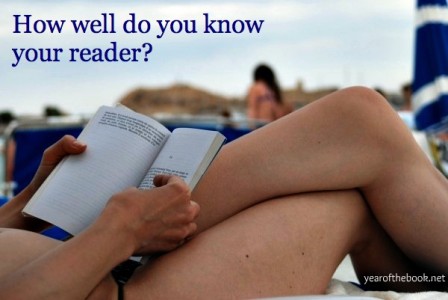If you’ve done any marketing, you know that you never start executing (coming up with strategy, design, or copy) until you understand exactly who your audience is. In the digital agency world, we call them user personas. Others call it the customer avatar. In old-school marketing, it’s called your target audience.
Whatever you call it, it’s about getting inside the head of your customer and understanding their hopes, dreams, and struggles related to what you can offer them.
The same principle applies to your non-fiction book project — but not because of marketing
I’m not suggesting writers come up with elaborate user personas to help them market a book they haven’t written. I’m suggesting you have a solid understanding of your reader before you sit down to write.
How understanding your reader will impact the book you write:
(Not to mention change your reader’s life)
- Story: This is the foundation—telling your story in a way that creates deep meaning for your reader. This requires intimate knowledge of your reader’s struggles, fears, and dreams.
- Connecting with where she is on her journey: If the reader of your health how-to has never made a green smoothie, you’re going to educate her differently than those who have been to Kripalu 20+ times.
- Structure: Moms with newborns will require a completely different book structure than empty nest moms. Beginning crafters need step-by-step instruction. Build your book so that your intended audience can absorb your material.
- Tone: Does your audience want to be met where they are, or will they work hard to understand your concepts? What other books are competing for their attention, and how do you want to be similar or different?
- Examples: What kind of stories will you tell to drive home your big ideas? What demographics will appeal most to your reader? For example, if I’m a successful business owner looking to further my knowledge of metadata, I want to read examples of business people more successful than me, not complete newbies.
- Exercises: What types of exercises will help your reader apply your concepts? Make them too basic, you’ve lost my attention. Make them too hard or don’t give me enough instruction, you’ve lost me, too.
Ready to give it a try?
Here’s a worksheet I dug up online to get you started. Just replace “customer” with “reader.”
If you try this out, leave a comment and let me know it goes!

